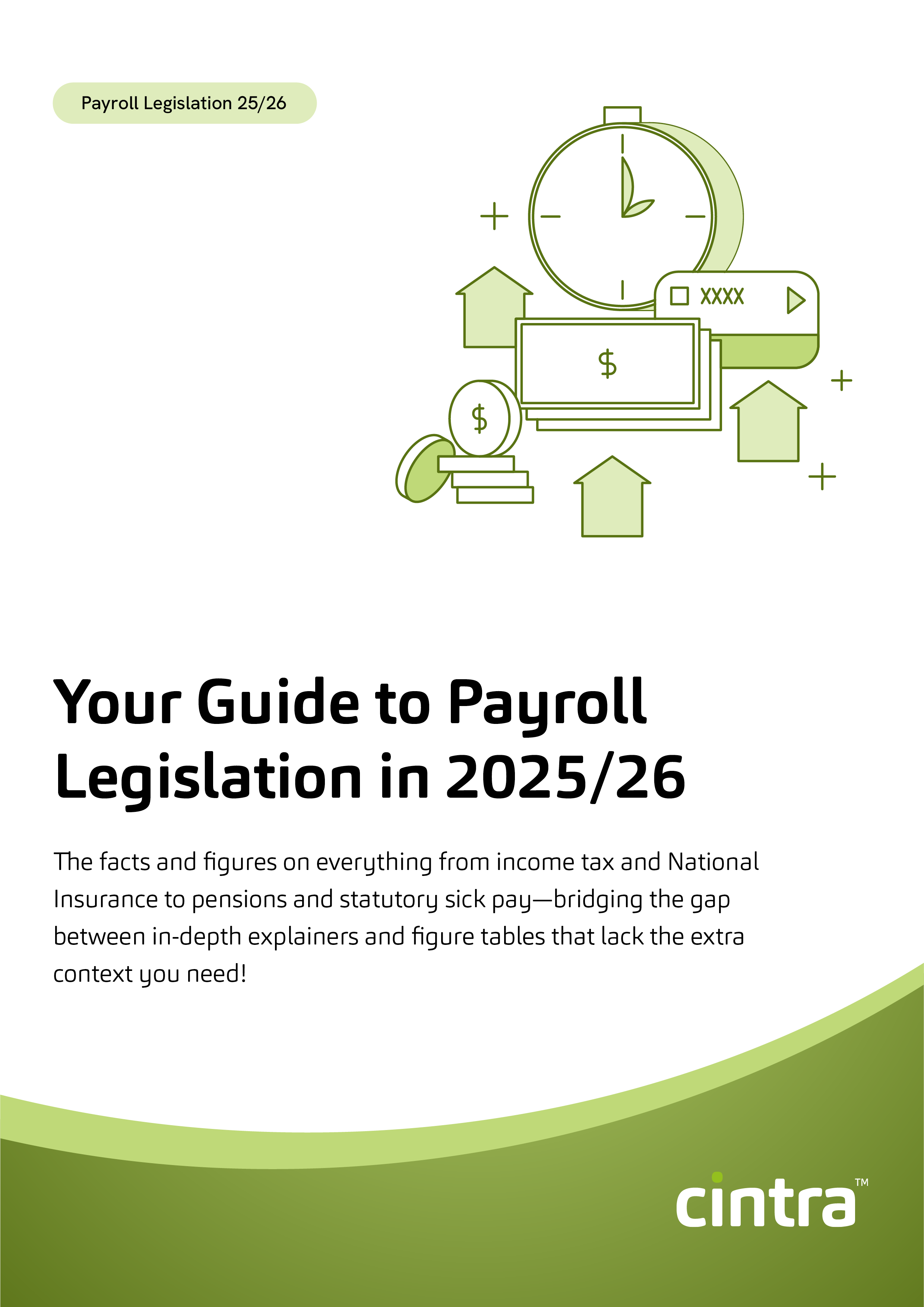Christmas is coming up fast, and one of the things on many payrollers’ mind is ‘what do I need to do for Christmas payroll?’. There are often many things to consider: like paying people early, christmas bonuses, and how to manage christmas time off.
So, we’ve got the lowdown on everything you need to know about payroll in December 2024!
Paying employees early in December
Many organisations choose to pay their employees early over the festive period. This is at your organisation’s discretion, however, if you’re closed over the festive period then you might need to process your monthly payroll early.
If you do decide to pay your employees early there is a couple of things you need to consider:
What does it mean for your employees?
If you’re paying your employees early for Christmas payroll then employees who would usually be paid at the end of the month from the 23rd – 31st will be paid early, usually on the final working day before Christmas. This of course would mean that they have an extra-long wait until the next pay date.
Timescale
If you’re paying employees a week or so early, then you will need to move your payroll timetable forward to meet this new deadline. When processing an early payday, you still need to report your normal payday date via RTI as the payment date on your Full Payment Submission (FPS), and you must ensure this has been submitted by this date.
So, this means if you pay employees on the 24th December 2024 but your usual payment date is the 31st December 2024 your FPS must say the 31st.
Christmas payroll bonuses and gifts
Employees work hard all year, so it’s not uncommon to want to offer them a thank you in the form of a bonus or a gift over the festive period as part of their Christmas payroll package. However, you need to consider the payment implications of offering this:
Bonus as cash
Any kind of cash, cheque, or even some gift vouchers provided to your employees as a bonus will count as earnings and therefore will need to be declared as such.
You will need to include this value within your employees’ earnings and make your usual deductions such as tax and national insurance through payroll as usual.
Bonus as physical items
If you want to provide a token of your appreciation in the form of an item, and if the item is above the trivial benefit limit, then you must report it on the P11D form, and pay National Insurance on the bonus.
What are trivial benefits?
You don’t have to pay tax on the item provided to an employee if the following apply:
- It cost the business £50 or less to provide
- It isn’t cash or a cash voucher
- It isn’t a reward for performance
- It isn’t in the terms of their contract
Christmas parties
Big question – is the Christmas party taxable? Well, it depends. HMRC will offer tax relief for annual events, but only if certain criteria are met:
- You must invite all employees, so department specific parties don’t count.
- The party must be an annual occurrence, it can’t be a one-off event.
- The cost doesn’t exceed £150 per employee per year. So, if you host 2 annual parties and spend £100 per head at 1, then if the second was to exceed £50 per head, then it won’t qualify.


